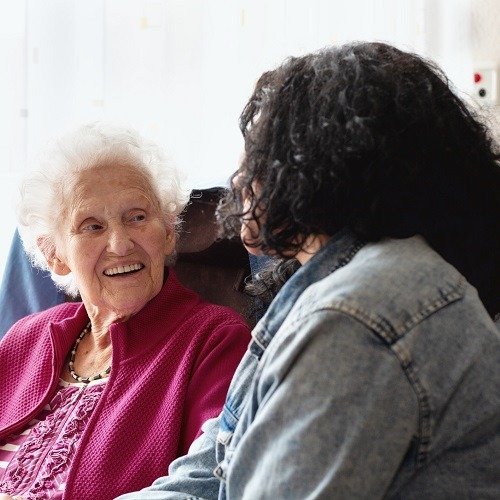The Role of Families in Holistic Elderly Care
Introduction: Why Families Matter in Elderly Care
Aging is a deeply personal journey, but it is rarely walked alone. Behind every elderly person is a family—children, grandchildren, siblings, or close relatives—who play a vital role in shaping the quality of their care. While professional carers and facilities provide expertise and structure, families provide something equally essential: love, identity, and continuity.
Holistic elderly care recognizes that families are not bystanders but partners. When families are actively involved, seniors experience greater comfort, connection, and meaning in their daily lives. In this blog, we explore why family involvement is crucial, how it contributes to holistic care, and practical ways families can participate in shaping a sanctuary of compassion for their loved ones.
The Emotional Anchor: Why Families Are Irreplaceable
For seniors, the presence of family offers emotional stability in times of vulnerability. Professional carers may offer skills, but family members carry history, memories, and relationships that cannot be replicated.
Family involvement ensures:
-
Familiarity: A voice, a story, or a shared memory can spark joy and reduce anxiety.
-
Identity: Family members help preserve the senior’s sense of self by honoring traditions, routines, and preferences.
-
Love and reassurance: Simple gestures like a hand to hold or a shared laugh strengthen emotional wellbeing.
Holistic care thrives when these emotional connections are integrated into daily routines.
Benefits of Family Involvement in Holistic Care
1. Improved Communication with Care Teams
Families often act as advocates, ensuring that seniors’ preferences and needs are communicated clearly. They can highlight subtle health changes or emotional shifts that might otherwise go unnoticed.
2. Continuity of Care
Seniors feel safer when their care includes familiar faces. Families bridge the gap between professional care and personal life, providing continuity in values, routines, and emotional bonds.
3. Enhanced Mental and Emotional Health
Regular family involvement reduces loneliness and helps combat depression. Activities like storytelling, shared meals, or cultural traditions create a sense of belonging.
4. Shared Decision-Making
Families play a critical role in care planning—ensuring that decisions align with the senior’s wishes, cultural beliefs, and long-term goals.
Practical Ways Families Can Support Holistic Care
Be Present and Engaged
Visiting regularly or joining in activities shows seniors they are not forgotten. Even short, meaningful visits can make a world of difference.
Participate in Care Planning
Join meetings with caregivers, ask questions, and express preferences. Collaborative planning helps create personalized care that aligns with family values.
Share Stories and Memories
Bring photos, family recipes, or cultural traditions into the care environment. This not only stimulates memory but also keeps seniors connected to their heritage.
Encourage Social Connections
Support seniors in maintaining friendships, attending community events, or participating in group activities.
Educate Yourself
Understanding the principles of holistic elderly care enables families to actively support the process. Many facilities offer workshops or resources for relatives.
Overcoming Challenges Families Face
Family involvement, while essential, is not always easy. Distance, work commitments, and emotional strain can make participation difficult. However, solutions exist:
-
Technology: Video calls and digital updates help bridge distance.
-
Respite care: Professional carers can step in when families need rest, ensuring continuity without burnout.
-
Support groups: Families benefit from connecting with others going through similar experiences.
By acknowledging these challenges and addressing them proactively, families can remain engaged without feeling overwhelmed.
The Ripple Effect: Benefits Beyond the Senior
Family involvement doesn’t just help the elderly—it transforms families themselves. Children learn compassion, empathy, and respect for older generations. Relationships deepen as families share meaningful time together. Even after a loved one has passed, families often feel peace knowing they played an active role in ensuring dignity and comfort.

